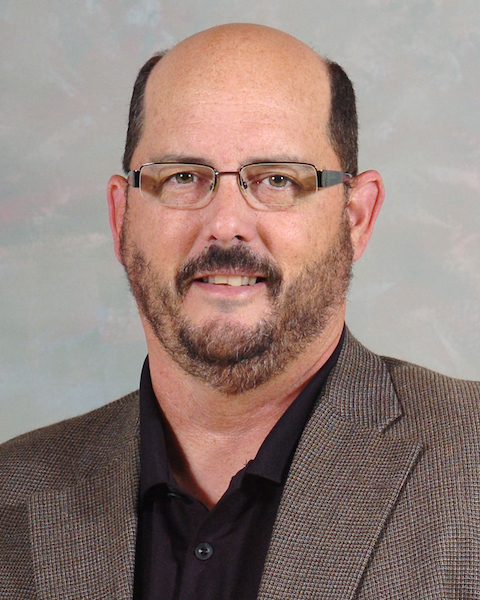Faculty Spotlight: Steve Dunn Interview
 This June, I had the good fortune to sit down and talk with Steve Dunn regarding time management strategies in online courses. Steve is a veteran faculty member of UW Extended Campus’ Sustainable Management program with over six years of teaching experience. He is also partnering with the new Applied Biotechnology program. In our discussion, we covered the three phases of the course cycle: planning, development, and teaching. This blog post will discuss some of the key items that we spoke about for each phase. The main question that I asked Steve was, “If you look back at your years of experience in online education, what are some things that you would tell yourself when you first started?”
This June, I had the good fortune to sit down and talk with Steve Dunn regarding time management strategies in online courses. Steve is a veteran faculty member of UW Extended Campus’ Sustainable Management program with over six years of teaching experience. He is also partnering with the new Applied Biotechnology program. In our discussion, we covered the three phases of the course cycle: planning, development, and teaching. This blog post will discuss some of the key items that we spoke about for each phase. The main question that I asked Steve was, “If you look back at your years of experience in online education, what are some things that you would tell yourself when you first started?”
Planning
In the first part of our discussion, we talked about the shift to online education and how to approach planning for an online course. We know that the online education provides students and faculty an opportunity to view education from a different perspective. This requires a change in approach, working from the desired result and moving backwards (backwards design). In brief, backwards design is the course development process of starting with objectives, then building assessments based upon those objectives, and finishing development by locating resources that help students complete the assessments. In regard to using backwards design, Steve stated, “Beginning with the end in mind was the single hardest thing to wrap my mind around.” It is important to think ahead when planning your online course, and the backwards design process represents a shift from the traditional line of course design where development starts with a textbook and determines objectives last. If you are new to online education, it may take you some time to adjusting to backwards design, but it is a valuable process. Along with backwards design, Steve mentioned that one of the biggest changes in the online education was working with a team on course design and development. He said that he was he was at first overwhelmed with the resources and wasn’t used to others asking questions about course design. His advice was to lean into the team approach and listen to the support. Steve said, “Recognize that you are on a team and that the team is trying to help you to make the courses so much better. Most professors are pretty busy with teaching, research, and their personal life, so the team is a big time saver.” Use your resources early and often, and don’t be afraid to reach out for advice! It can save a lot of time in development and when the course is active.Recognize that you are on a team and that the team is trying to help you to make the courses so much better.(more…)